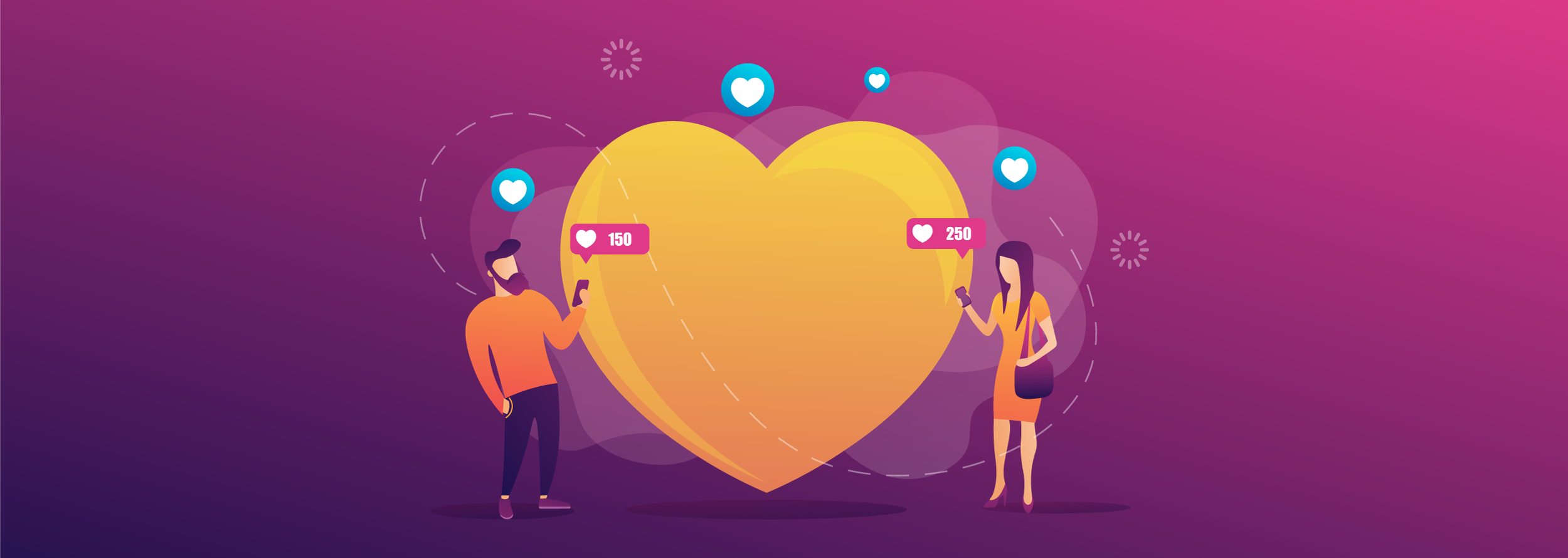Bling, bling! We all know those red spots on the top right corner of our apps. We get excited, nervous or even mad whenever we look at them. It doesn’t matter if we hear them or see them, notifications trigger a universe of emotions and chemical reactions, nevertheless, they also trigger side effects.
As the current generations become more familiar and dependent to technology by making our lives easier, we develop dopamine-driven feedback necessity. Platforms like Facebook, Instagram, and WhatsApp use the same neural circuitry as cocaine and slot machines causing addiction to their products. That’s why sometimes we feel our phones vibrating when they are not even there. This chemical is produced by our brains and it has a role in motivating behavior; the best example we could have is whenever we have successful social interactions, such as likes, comments, shares or even messages from people we don’t even know.
A great example of that dopamine-driven desire for social validation is on Instagram. Whenever we post a photo, we expect notifications with likes and comments. Instagram’s notification algorithms will withhold “likes” so they can deliver them in larger busts, optimizing the signals in social validation until we become habitual users.
Dopamine is not the only substance that our brain releases whenever we see or hear a notification; cortisol enters the room too. This hormone plays a role in our body’s response to stress. Our cortisol levels rise when our phone is in sight or when we think we hear it. This causes a stress response which results in an unpleasant feeling, and our natural response to that is the need to check it immediately, so the stress goes away.
But our phones are not always a bad thing to use; as long as we know how to take advantage of them. They are a variety of strategies to achieve productivity and success. By disabling social media notifications whenever we have to do something important or spend time with our loved ones, or keeping our display black and white will help reduce the need to grab our phones.
Next time you hear your phone ring, be conscious of the chemical reactions which are happening in your body.
References: https://www.psychologytoday.com/us/blog/brain-wise/201209/why-were-all-addicted-texts-twitter-and-google





